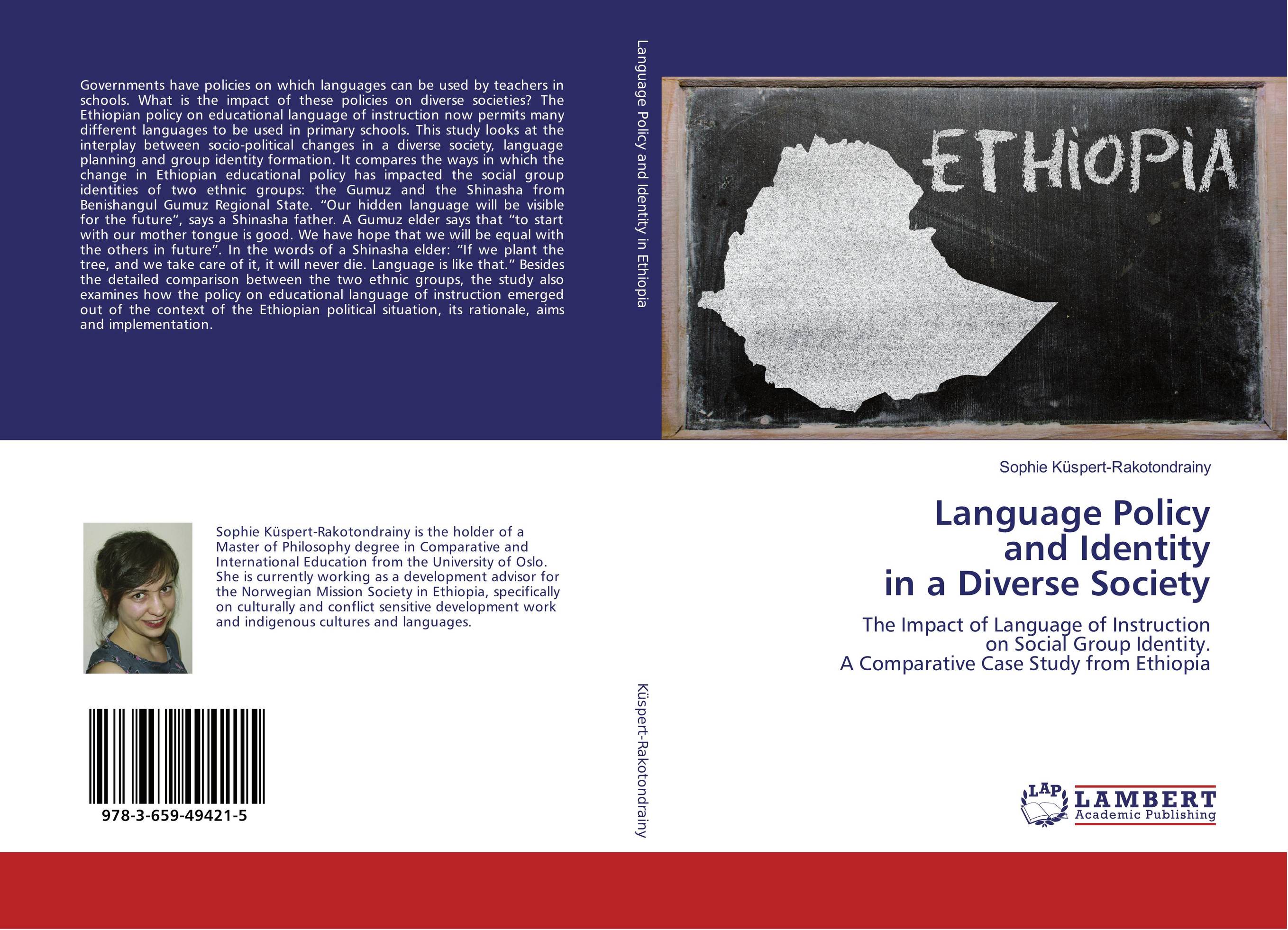| Поиск по каталогу |
|
(строгое соответствие)
|
- Профессиональная
- Научно-популярная
- Художественная
- Публицистика
- Детская
- Искусство
- Хобби, семья, дом
- Спорт
- Путеводители
- Блокноты, тетради, открытки
Language Policy and Identity in a Diverse Society. The Impact of Language of Instruction on Social Group Identity. A Comparative Case Study from Ethiopia

В наличии
| Местонахождение: Алматы | Состояние экземпляра: новый |

Бумажная
версия
версия
Автор: Sophie K?spert-Rakotondrainy
ISBN: 9783659494215
Год издания: 2016
Формат книги: 60×90/16 (145×215 мм)
Количество страниц: 144
Издательство: LAP LAMBERT Academic Publishing
Цена: 24794 тг
Положить в корзину
| Способы доставки в город Алматы * комплектация (срок до отгрузки) не более 2 рабочих дней |
| Самовывоз из города Алматы (пункты самовывоза партнёра CDEK) |
| Курьерская доставка CDEK из города Москва |
| Доставка Почтой России из города Москва |
Аннотация: Governments have policies on which languages can be used by teachers in schools. What is the impact of these policies on diverse societies? The Ethiopian policy on educational language of instruction now permits many different languages to be used in primary schools. This study looks at the interplay between socio-political changes in a diverse society, language planning and group identity formation. It compares the ways in which the change in Ethiopian educational policy has impacted the social group identities of two ethnic groups: the Gumuz and the Shinasha from Benishangul Gumuz Regional State. “Our hidden language will be visible for the future”, says a Shinasha father. A Gumuz elder says that “to start with our mother tongue is good. We have hope that we will be equal with the others in future”. In the words of a Shinasha elder: “If we plant the tree, and we take care of it, it will never die. Language is like that.” Besides the detailed comparison between the two ethnic groups, the study also examines how the policy on educational language of instruction emerged out of the context of the Ethiopian political situation, its rationale, aims and implementation.
Ключевые слова: Diversity, Education policy, Ethiopia, Ethiopia?, ethnicity, Ethnicity?, group identity, Gumuz, Language of Instruction, mother tongue, Shinasha, Social identity, identity planning, Habesha



